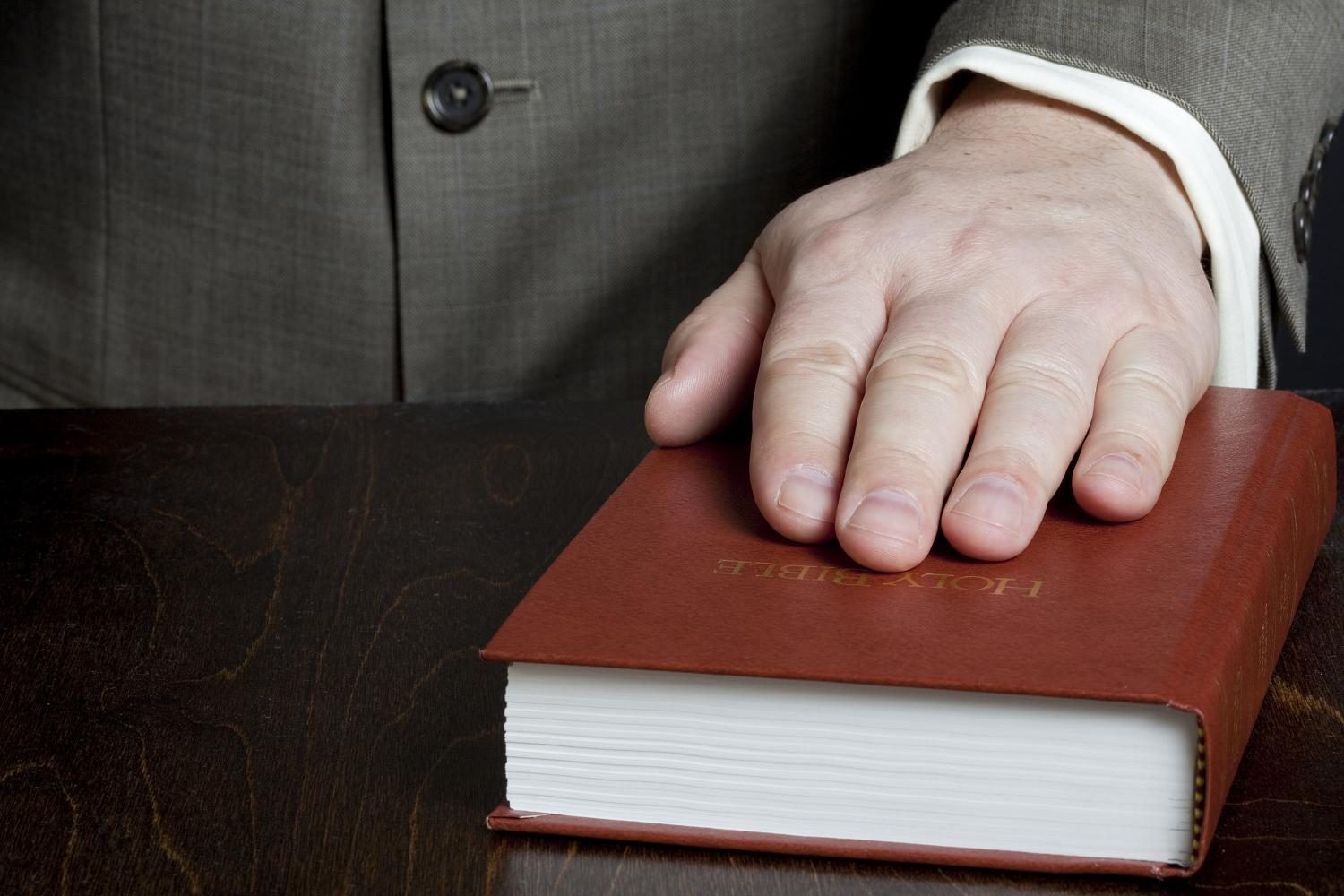
Swears, Oaths, Affidavits, Statutory Declarations & Grave Deeds
What is a document “swear”?
Swearing a document is a form of words spoken by a person to promise that they are telling the truth, in some cases done with one hand on a bible in front of a witness.
For those who may object to swearing on a bible and swearing the truth of a statement by God may make a similarly worded affirmation instead.
It is generally only oaths and affidavits that require the individual to swear to the truth of the statement or promise, but the term may be used for other documents such as statutory declarations and grave deed transfers.
What is an affidavit and an oath?
An affidavit is a written statement from an individual which is sworn to be true – it is statement of facts including an oath that what they are saying is the truth. An affidavit will be used along with witness statements to prove the truthfulness of a certain statement in court.
The difference between an affidavit and an oath is that an oath is a promise to carry out a particular duty, which can include a promise to tell the truth whereas an affidavit is a sworn statement of facts or opinion that includes an oath that the statement is true.
They are commonly used in these scenarios:
- Divorce court proceedings
- Other court proceedings
- Company arrangements and insolvency proceedings
- Property disagreements
- Debt disputes
- Confirmation that legal documents have been received
- To notify a party of a proceeding of changes
- Residency verification
- Name change verification
- To confirm the identity of a victim of identity theft
What is a statutory declaration?
A statutory declaration is a formal statement made affirming that something is true to the best knowledge of the person making the declaration.
They are often used when someone is changing their name.
A statutory declaration is not a sworn statement in the same way as an oath or affidavit and there is no requirement to swear on a bible or make a similar affirmation.
Statutory declarations are often used when automatic renewal rights for business tenants are being excluded pursuant to the Landlord and Tenant Act 1954 or when confirming the use of a longstanding property right in the conveyancing process.
What is a Grave Deed?
The grave deed is name used to describe the exclusive rights to a grave plot.
The deed grants the owner the right to be buried in a designated grave if space is available.
It is often necessary to transfer the exclusive right of burial to a grave plot when exhuming remains or burying more than one person’s remains, so it is often required in order for a funeral or burial to take place.
The form required to transfer the exclusive right of burial is a form of statutory declaration.
A helpful Grave Deed pre-appointment checklist for clients
You will need the Grave No. and Cemetery which should be filled in or you should have a certificate for the grave
If the current owner is now deceased, if they made a Will, we shall need the date of it and the person making the statement must be one of the executors
Our Process
You will need to book an appointment with a one of the solicitors or legal executives in our firm who is authorised to administer oaths
The client needs to bring along official ID to prove their identity. A valid passport or photocard driving licence is ideal.
We ensure there are no blanks on the form, review any exhibits attached and that you have signed and dated it
We can then officially sign off on the form as a witness.
You will need to pay the fee on the day of the appointment, directly to the staff member that you are meeting with.
Booking an appointment
Ring any of our offices and let them know you have a swear, oath or statutory declaration that needs to be witnessed. Please note that depending on when you need it witnessed but we may ask you to attend a different office to ensure there will be a solicitor or legal executive available on the day.
Our support staff will need the following information from you on the call:
- Your full contact details
- What the document is and what it relates to
- When you need the document witnessed by
A list of our solicitors and legal executives that are authorised to do swears and oaths is listed below.
Our Fee
The solicitor or legal executive will charge a nominal fee of £5 plus £2 for each attachment.
This is paid directly to the solicitor or legal executive you are meeting with (not to Hopkins), on the day of the appointment, and will usually be paid in cash
Request a Callback
"*" indicates required fields
